
10 Warning Signs Your Liver is Overloaded with Toxins Don’t Ignore These!
The liver is one of the most vital organs in the human body. It acts as your body’s natural filter, removing toxins, processing nutrients, and helping to regulate metabolism. Every day, your liver works hard to detoxify everything you eat, drink, and breathe. However, in today’s world—where processed foods, alcohol, pollution, and stress are common—your liver can easily become overloaded with toxins. When this happens, it begins to send warning signs that should never be ignored. Here are ten of the most common symptoms that indicate your liver might be struggling.
1. Chronic Fatigue
Feeling tired all the time, even after a full night’s sleep, is often one of the earliest signs of liver overload. When the liver is sluggish, it struggles to convert food into usable energy, causing persistent exhaustion and weakness.
2. Digestive Problems
Your liver produces bile, a fluid necessary for digesting fats. When it’s not functioning properly, you may experience bloating, constipation, acid reflux, or loss of appetite. Poor bile production can make it difficult to break down foods efficiently.
3. Unexplained Weight Gain
An overloaded liver can interfere with fat metabolism, leading to weight gain—especially around the abdomen. The body stores excess toxins in fat cells to protect vital organs, making it harder to lose weight no matter how much you diet or exercise.
4. Skin Issues
Your skin often mirrors your internal health. If your liver is overwhelmed, toxins can build up and manifest as acne, rashes, or itchy skin. Yellowing of the skin or eyes (jaundice) is a serious sign that your liver function is severely compromised.
5. Brain Fog and Poor Concentration
When your liver can’t properly filter toxins, harmful substances can enter your bloodstream and affect your brain. This can cause mental confusion, forgetfulness, or difficulty focusing—commonly known as “brain fog.”
6. Dark Urine and Pale Stool
Changes in urine or stool color can be a direct sign of liver trouble. Dark yellow or brown urine and pale or clay-colored stool often indicate that bile production or flow is impaired, signaling that the liver may not be processing waste effectively.
7. Bad Breath and Body Odor
Persistent bad breath or strong body odor can occur when toxins build up in your body. Since the liver plays a key role in neutralizing these toxins, poor liver function can result in unpleasant smells even with good hygiene.
8. Mood Swings and Depression
Your liver affects your hormones, and when it’s not working well, hormonal imbalances can develop. This can lead to mood swings, anxiety, or even depression. A toxic liver can also make you feel emotionally drained and irritable.
9. Swelling in the Abdomen or Legs
Fluid retention, known as edema, is another red flag. When the liver becomes damaged or inflamed, it can lead to swelling in the abdomen (ascites) or legs due to poor circulation and protein imbalance in the blood.
10. Increased Sensitivity to Chemicals or Alcohol
If you notice that even small amounts of alcohol, medication, or perfume make you feel unwell, your liver might not be detoxifying properly. This sensitivity occurs when the liver’s enzyme system becomes impaired.
How to Support Your Liver Naturally
Fortunately, your liver has an incredible ability to heal itself if you take the right steps. Drink plenty of water, eat foods rich in antioxidants—like leafy greens, garlic, beets, and lemons—and avoid processed sugar and alcohol. Regular exercise and adequate sleep also help the liver eliminate toxins more efficiently.
In conclusion, your liver works silently every day to keep your body clean and balanced. Ignoring its warning signs can lead to serious health complications, but paying attention and making simple lifestyle changes can make a huge difference. Listen to your body—if your liver is crying for help, it’s time to take action now.
News in the same category


Doctors Urge: Don’t Ignore Unexplained Bruising These Hidden Reasons Could Be the Cause

Struggling to Sleep? A Famous Doctor’s 60-Second Trick Could Change Your Nights Forever
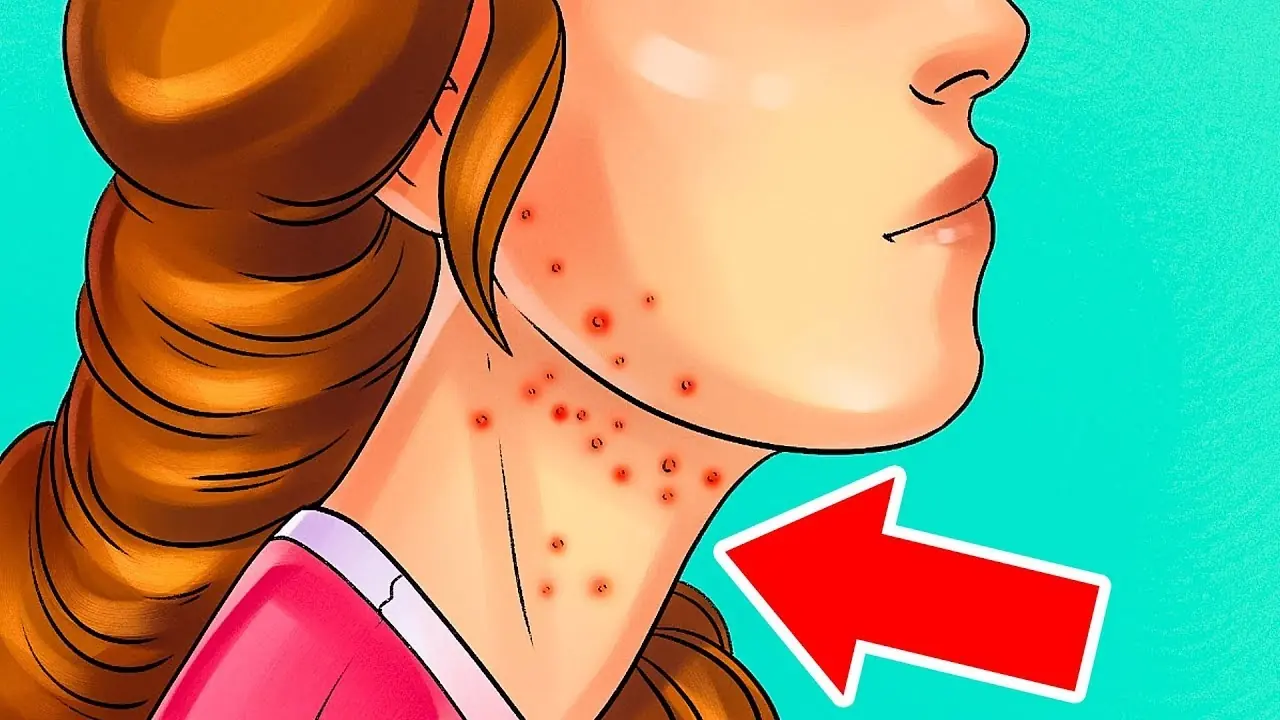
10 Urgent Warning Signs You’re Eating Too Much Sugar

Holding Cloves in Your Mouth: A Natural Way to Relieve Toothache

Doctor has message for anyone who wakes up between 2am and 3am

5 Hygiene Mistakes that Many People Make…

What Really Happens When You Drink Coffee Every Morning
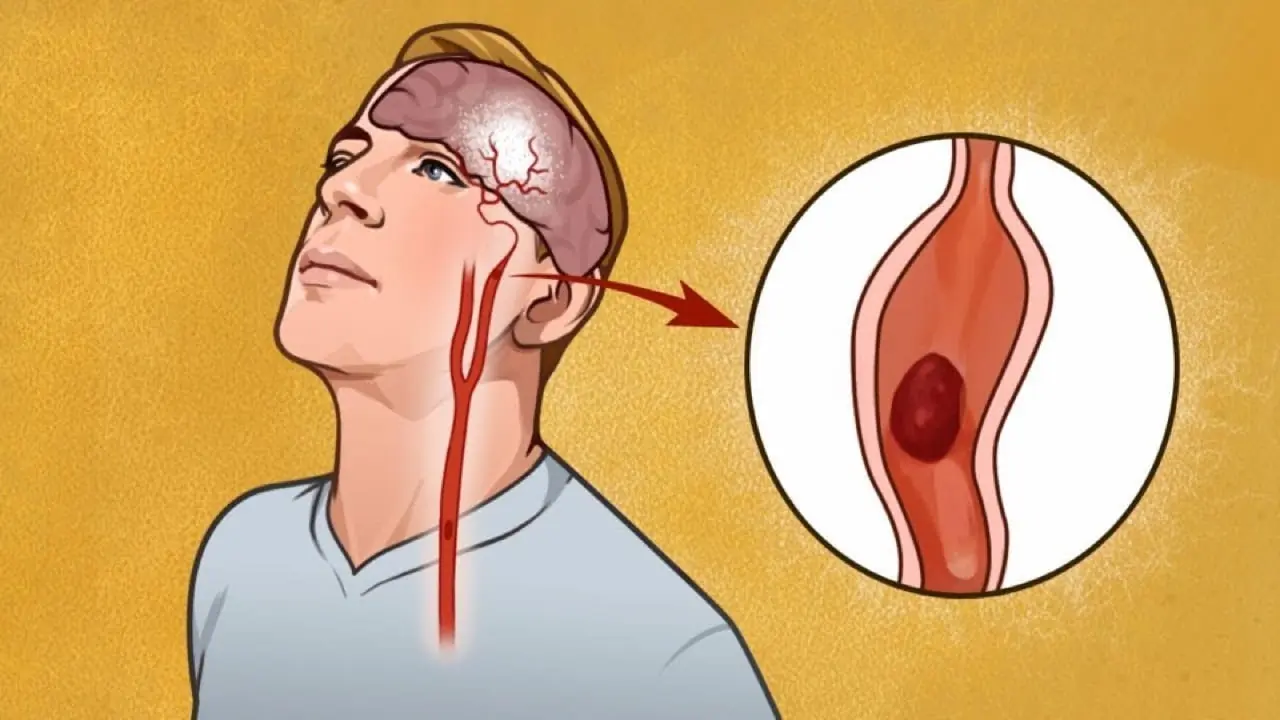
Warning Signs of Poor Blood Circulation You Can’t Afford to Miss

Eat THIS Daily to Keep Your Arteries Clean and Your Heart Healthy

Dates: The Single Food for Heart Attack, Hypertension, Stroke, and Cholesterol

Drink This 1 Cup to Improve Blood Flow and Circulation in Your Legs & Feet

Doctor Reveals 5 Powerful Snacks That Help Your Body Fight Cancer and Disease

The 3:3:10 Method: 3 Exercises to Improve Leg Circulation
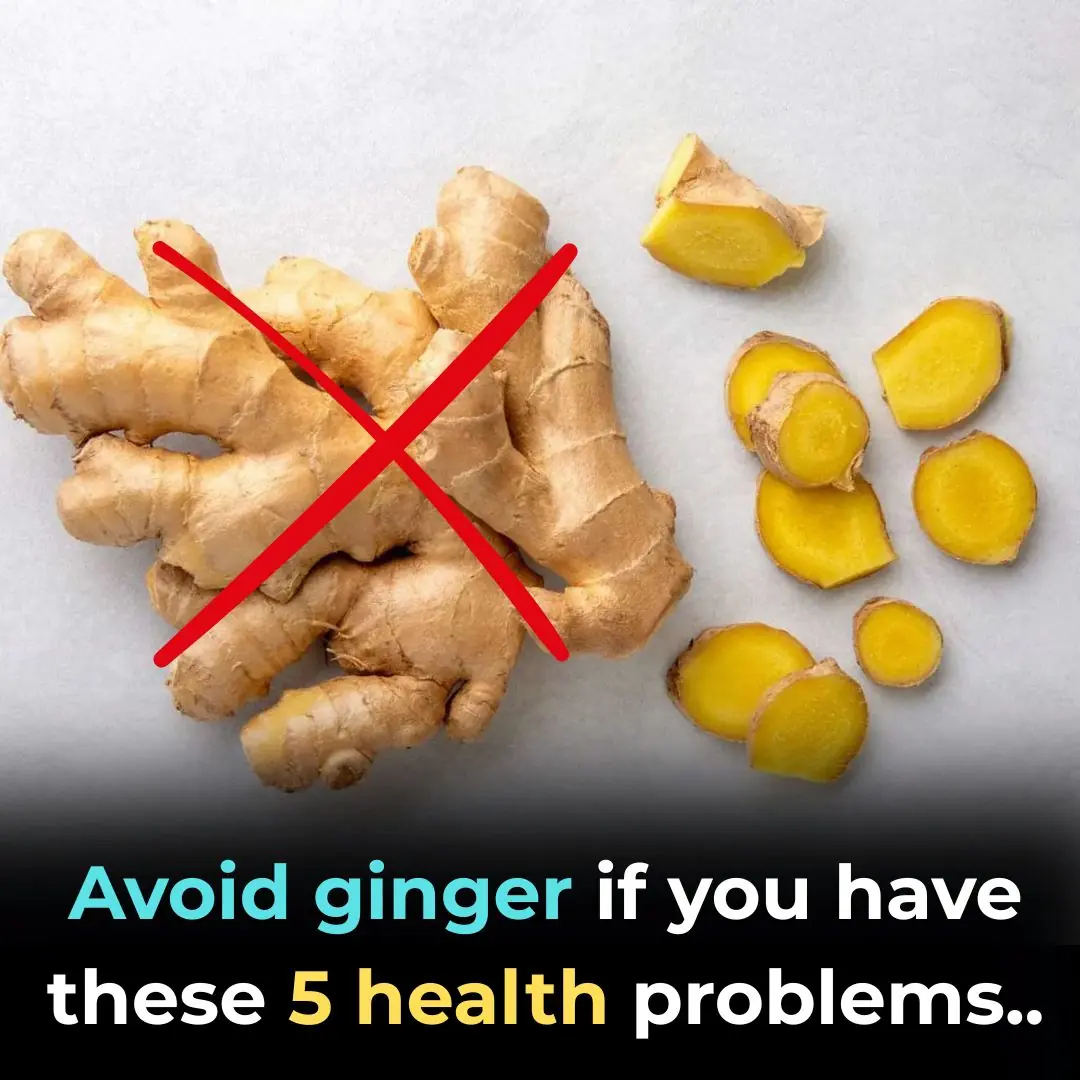
Avoid ginger if you have these 5 health problems..

Improve your oral health naturally with garlic

🌙 7 Gentle Drinks Before Bed That May Support Blood Sugar & Reduce Nighttime Urination
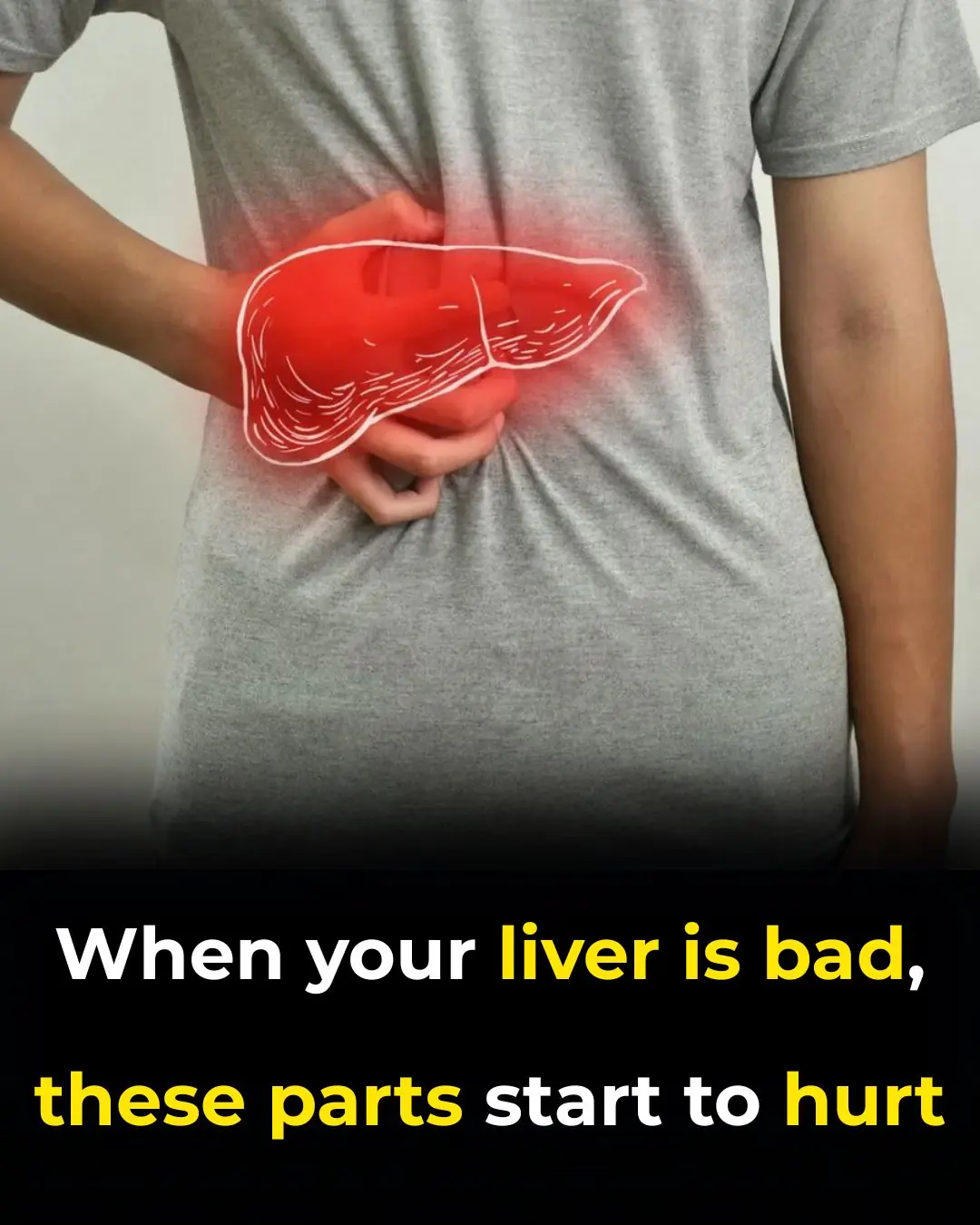
When your liver is bad, these parts start to hurt

People with these 3 health problems should NEVER drink coffee
News Post

Freddie’s Fight: A Young Warrior’s Journey With Childhood Cancer

Officer Goes Above and Beyond: Turns a Traffic Stop Into a Lesson in Kindness

A Life Saved in the Icy River: When Compassion Transcends Species
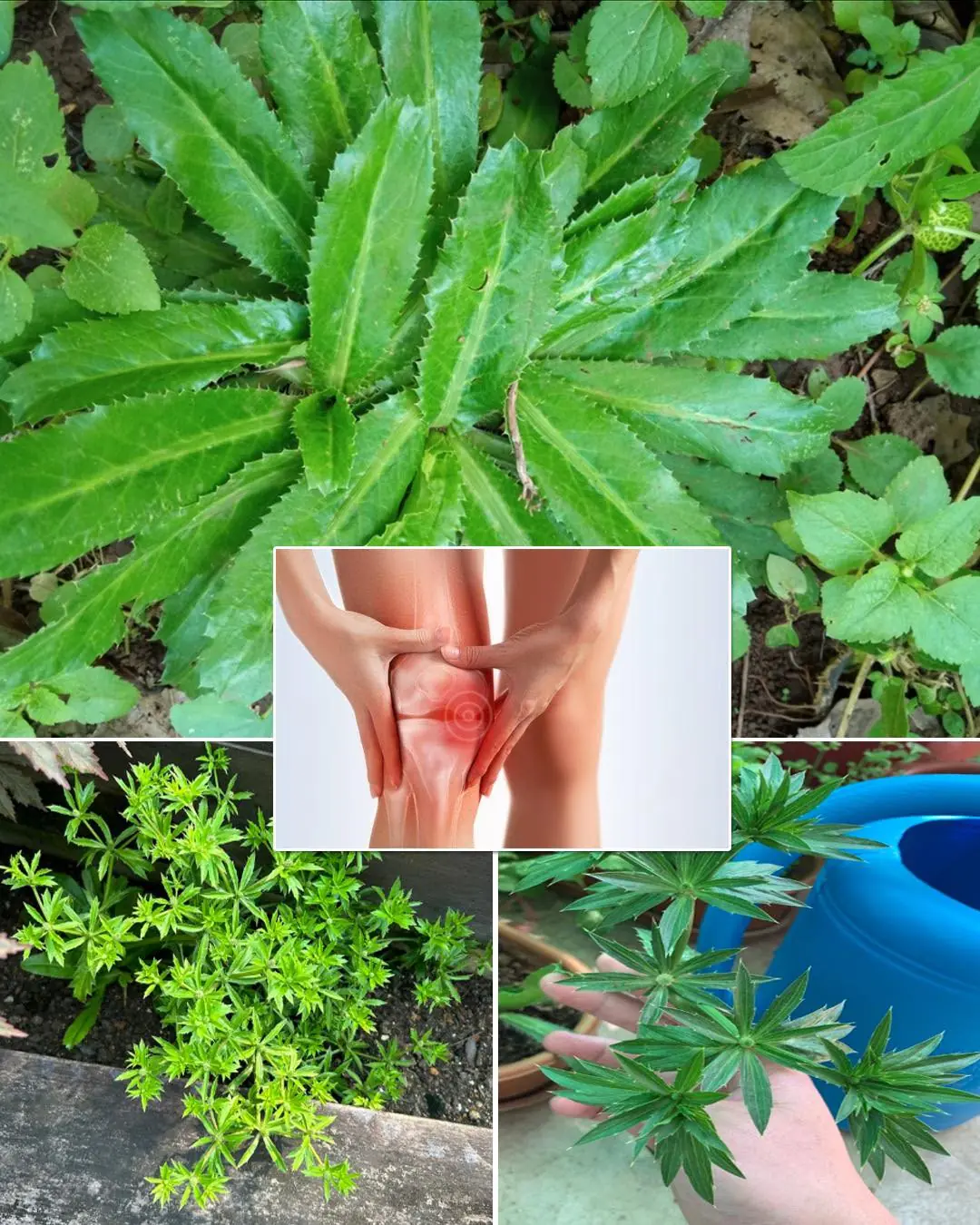
Culantro Herb Benefits and Uses: The Powerful Healing Plant You Should Try

5 Natural Remedies for Cracked Heels: Red Onion, Sea Salt & More

Raheem Cooper: A UPS Driver’s Act of Kindness Saves an Elderly Woman's Life

Pumpkin Health Benefits: The Forgotten Superfood You Need Daily
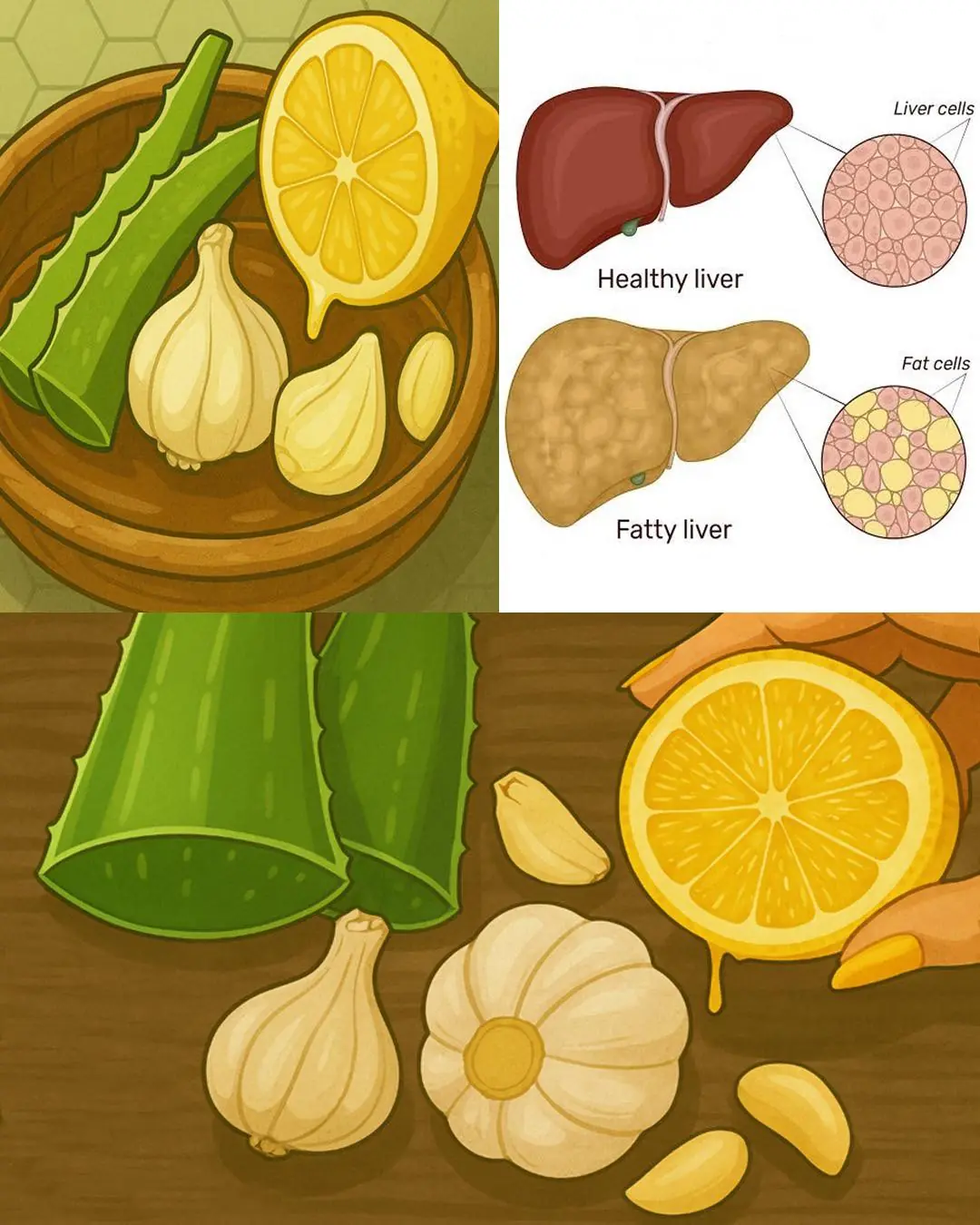
Aloe Vera Super Remedy: Stronger Than Garlic, Lemon, and Fights Bacteria & Fungi Naturally

Three Years of Waiting: The Shelter Dog Still Hoping to Be Chosen

Lamb’s Quarters/Wild Spinach a superfood with health benefits

Powerful Cinnamon, Ginger, Bay Leaves, and Cloves Drink: Health Benefits & How to Use It

At 89, She Thought Her Dog Days Were Over — Until a Special Rescue Changed Everything

7 Benefits of the Miracle Leaf of Life

A Parent’s Love Beyond Blood: Celebrating the Unspoken Bond with Pets

7 Benefits and Uses of Ageratum conyzoides

The Hug of a Cheetah.

A Farewell Among the Flowers.

First Steps: A Baby Elephant’s Fight to Stand.

3 extremely simple tips to remove odors right after cooking in the kitchen
